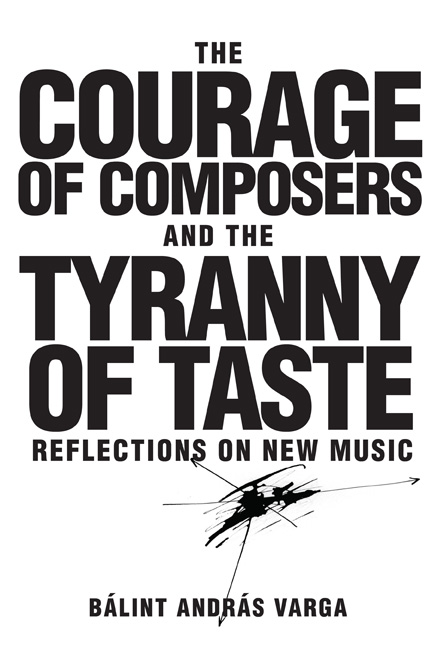18 - Helmut Lachenmann (b. 1935)
Published online by Cambridge University Press: 22 May 2021
Summary
Ever since I joined the staff of Universal Edition in 1992 and became a regular visitor to Donaueschingen and other new music festivals, works by Helmut Lachenmann featured on the programs as a matter of course. I experienced him as a revered figure whose authority lent unquestioned significance to his support of younger colleagues—gestures that he makes generously whenever his judgement inspires him to do so.
Performances of his compositions, whether he was present or not, were always greeted with applause—without the slightest hint that not everyone in the audience appreciated his instantly recognizable, highly individual musical language.
I took it for granted that it had required quite a bit of courage for him to develop an idiom that he himself characterizes in our e-mail exchange (below) as “a consistent application of noise” and “the alienation of instrumental sound.” The significance and background of the rest of the sentence (“to be played by musicians at their own ‘peril’”) escaped me at the time.
Lachenmann's firm rejection of the very idea of courage led to my tonguein- cheek (and, admittedly, cheeky) remark that he was apparently a composer whose path had been smooth, free of thorns and potholes.
That in turn provoked his protest: “Are you making fun of me?” which was followed—as you will see—by his impassioned admission that his path had been anything but smooth—indeed, doubt had accompanied him throughout his career and he had had to overcome it time and time again. Nor was his reception as unanimously positive as my own experience had misled me to believe. Indeed, from the very beginning, Lachenmann's music has had a hard time gaining acceptance, in the face of the animosity of musicians, critics, and the public. Scandal has been a recurring feature of his performances.
If only I had known, I would not have provoked him with my irresponsible remark.
We resumed our correspondence in July 2016. Helmut Lachenmann was impelled to expand on his statements of the previous year. I am truly overwhelmed by the beauty of his words:
Courage which presupposes strength of resolve founded on hope, has been replaced—as I wrote you—by “creative obsession.” Mahler said: “I do not compose, I am composed.”
- Type
- Chapter
- Information
- The Courage of Composers and the Tyranny of TasteReflections on New Music, pp. 111 - 117Publisher: Boydell & BrewerPrint publication year: 2017



